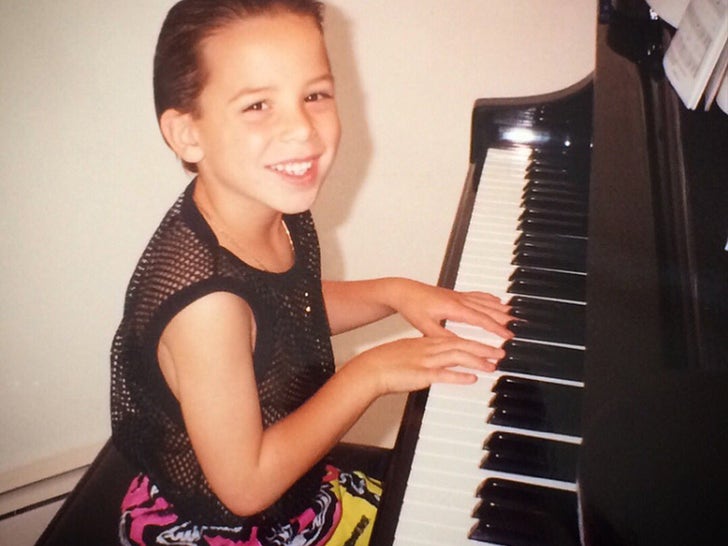
Jhe revival of Kathryn Hahn has been one of the few bright spots in the gloom of recent years. It has officially begun (although she has stepped up her work via the likes of Transparent and the wonderful Ms. Flecher before that) with her turn as curious neighbor and witch Agatha Harkness in Disney’s 2021 hit Wanda Visionand she’s now the central figure in the streaming platform’s new Tiny Beautiful Things series.
The drama is based on Cheryl Strayed’s 2012 collection of essays of the same name, which were themselves based on responses she used to write for the online literary magazine’s Dear Sugar issue page. TheRumpus. She channeled her many and varied life experiences into it — good and extraordinarily bad, which will become familiar to millions when her memoir, Wild, becomes an Oprah-anointed worldwide phenomenon. She delivered compassionate and brilliantly written responses to those seeking comfort from the dying anonymous aunt. If, for the average British sensibility, they’ve often veered into emetic and set off alarm bells of oversharing – well, that’s probably our problem and not his. But that means you might want to approach the latest iteration of his work with caution, or with a decidedly open, non-cynical mindset, however unnatural that may seem. I think that’s the best way out.
Hahn is Clare, a (roughly) married mother of someone who is on the cusp of her 50th birthday and is entering a perfect storm of current frustrations, past regrets, unfulfilled ambitions, unfulfilled traumas. treaties and fears for the future. She was once an aspiring young writer with a book deal (although we actually see her being bullied by a male editor in one of Clare’s early childhood flashbacks – in which she’s brilliantly played by Sarah Pidgeon ). But her mother (an underutilized Merritt Wever who had only a holy note to play) died of lung cancer when Clare was 22, sending the latter into a spiral of estrangement from her brother, d infidelity with her first husband, divorce, heroin. addiction, self-loathing (she is seen refusing a small child’s offer of her balloon on the bus because she feels unworthy of “such small beautiful things”) — and she never wrote the book.
Now she’s an administrator at a nursing home – but not for long, following the discovery that she’s been sleeping in a patient’s room after her current husband kicked her out of the family home – and wonders voiceover: “How did I get so far from the person I wanted to be? Look, I told you: adjust your mindset (and accept the ball) or pop it with low-level fury and get out while everything is fine.
When an old friend offers Clare a job as an advisory columnist, she’s at first reluctant to pose as an authority when her own life is such a mess. But gradually she realizes that you can still help others even if you can’t help yourself, and composing the answers becomes a kind of catharsis and salvation. Acting out messages about her healing journey, you might say, if you’ve adapted enough.
Tiny Beautiful Things is clearly designed as a tearjerker, and the manipulations often feel too rough to be effective. There is a recurring scene about a coat, the last gift Clare’s mother was to give her, which young Clare demands to return to her as she doesn’t like the color. It’s exaggerated to the point of absurdity: “When a gift is given,” Sugar explains to one of his correspondents and to us, on several occasions, “say thank you.“But if you’re a Strayed fan, or in the mood for a good cry, enjoy. Otherwise, it’s a whole other kind of purgatory.





